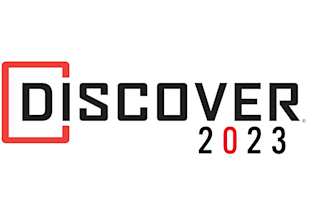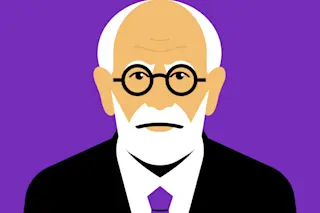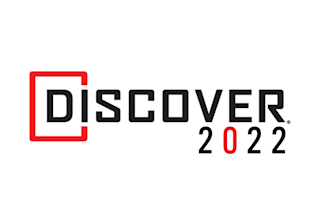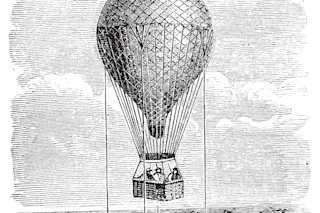This clip with Dan Ariely telling off a dentist who tried to sell him on a more expensive item is classic. Would that we all behaved in such a manner, no? The problem when you interact with a particular set of professionals, in particular in healthcare, the information asymmetry is such that it is very difficult for you to make an informed choice as a consumer. I've had an experience very similar to Ariely with dentists. The problem here though that is that dentists are professionals. In other words, they should be motivated by something other than the profit motive. Ergo, we (the public) confer upon the profession licensing for exclusive services. The problem is that professionals are not immune from incentives. On the conscious level it seems that professionals generally do perform services without the profit motive in mind (e.g., dentists and doctors encourage your toward good health).* The problem is that on the unconscious and implicit level is where subtle biases and preferences come to the fore. Naturally professionals don't want to admit that they have biases. I've listened to Dr. Thomas P. Stossel dismiss the possibility that gifts and perks by pharmaceutical companies might have an effect on their practice. Stossel's assumption seems to be that as smart and educated professionals of course doctors wouldn't allow such practices to bias their judgment. First, just because you have a medical degree doesn't make you the genius of all things. A psychologist or economist he is not. Second, these firms themselves have marketing professionals who likely are aware of some of the literature on influencing people. The point here is that there are no gods. Professionals are humans as well, and they are providing you services. Unfortunately because of the way medical insurance is designed in the United States we don't see the price of these services, ergo, one reason for inflation in the health care sector (insurance companies have had difficulties imposing price pressure; they're less popular than hospitals). Ultimately one thing we can do is behave in a more critically rational manner. I'm going to see a dentist in the next month for a basic check-up, and my consciousness has been raised by Ariely's points (I probably wouldn't be as direct as he was, but I'm going to be firm in not being persuaded into something before doing my own research). Of course one problem with this tack is that turning something into a consumer-monetized transaction changes the interaction. Often not for the better. Ariely himself pointed this out in Predictably Irrational. Right now professionals have some moral and cultural pressure to not behave as financial optimizers. If consumers start to behave like...consumers, then they may change in response. * I believe that in the modern American context many professional organizations operate as guild which are engaging in rent-seeking, but that is a different discussion.
Thinking like a behavioral economist (dentist edition)
Explore the impact of information asymmetry in healthcare and how it affects consumer choice in dentistry.
More on Discover
Stay Curious
SubscribeTo The Magazine
Save up to 40% off the cover price when you subscribe to Discover magazine.
Subscribe












